Mali
Mali’s prime minister has apologised for “excesses” by security forces who opened fire last week on anti-government protesters, but rejected opposition demands that President Ibrahim Boubacar Keita resign.
Last Friday, the latest in a series of mass protests in the capital Bamako against Keita turned violent, with security forces firing on protesters, some of whom had occupied state buildings.
Clashes continued for several days, with at least 11 people killed in total, the government has said.
“Unfortunately, there were excesses. What happened is very regrettable. We apologise for it,” Prime Minister Boubou Cisse said in an interview with France 24 television aired late on Thursday. He said prosecutors had opened an investigation into the violence.
On Tuesday, Cisse wrote to the security ministry demanding an explanation for the deployment of an anti-terrorist special operations force on the streets of Bamako during the protests.
The coalition of religious, political and civil society leaders behind the protests accuses Keita of failing to address violence by jihadist groups and ethnic militias, of mismanaging the economy and of enabling corruption.
A delegation from the West African regional bloc ECOWAS is in Bamako this week to try to broker a resolution, but Keita’s opponents have so far refused to withdraw their demand that the president resign.
“It’s inconceivable because the president … was democratically elected,” he said. “I think it’s important … that anyone who occupies position of responsibility in our country gets there through the democratic process.”
The ECOWAS delegation, led by former Nigerian president Goodluck Jonathan, is scheduled to meet with Keita and opposition leaders on Friday.
The opposition has urged its supporters to mourn those killed in the protests during Friday prayers, but has backed off earlier calls for a mass prayer meeting in the heart of Bamako.
Agencies



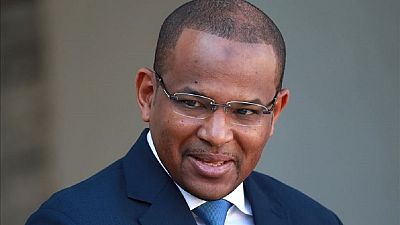

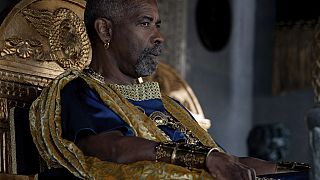

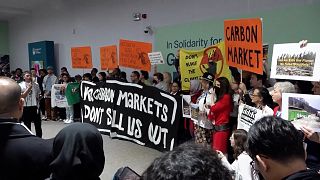


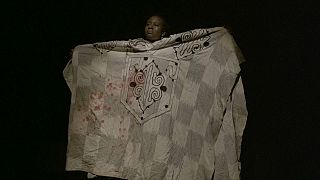
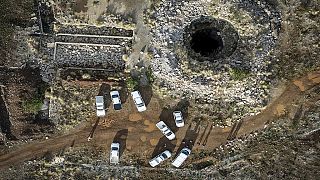
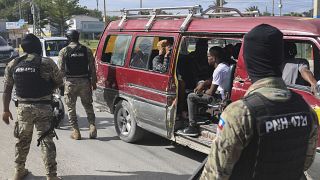
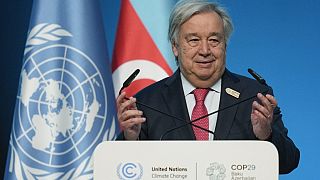
11:05
New era of sovereignty in Mali's gold sector [Business Africa]
00:58
Baku: Protesters call for Gaza ceasefire during opening of COP29
Go to video
Why Mozambique's election has sparked weeks of protests and a violent crackdown by police
01:04
Post-election violence intensifies in Mozambique ahead of SADC meeting
01:09
South Africa closes main border with Mozambique, citing safety concerns amid post-election protests
01:00
Mozambique's President urges an end to deadly protests against recent election results